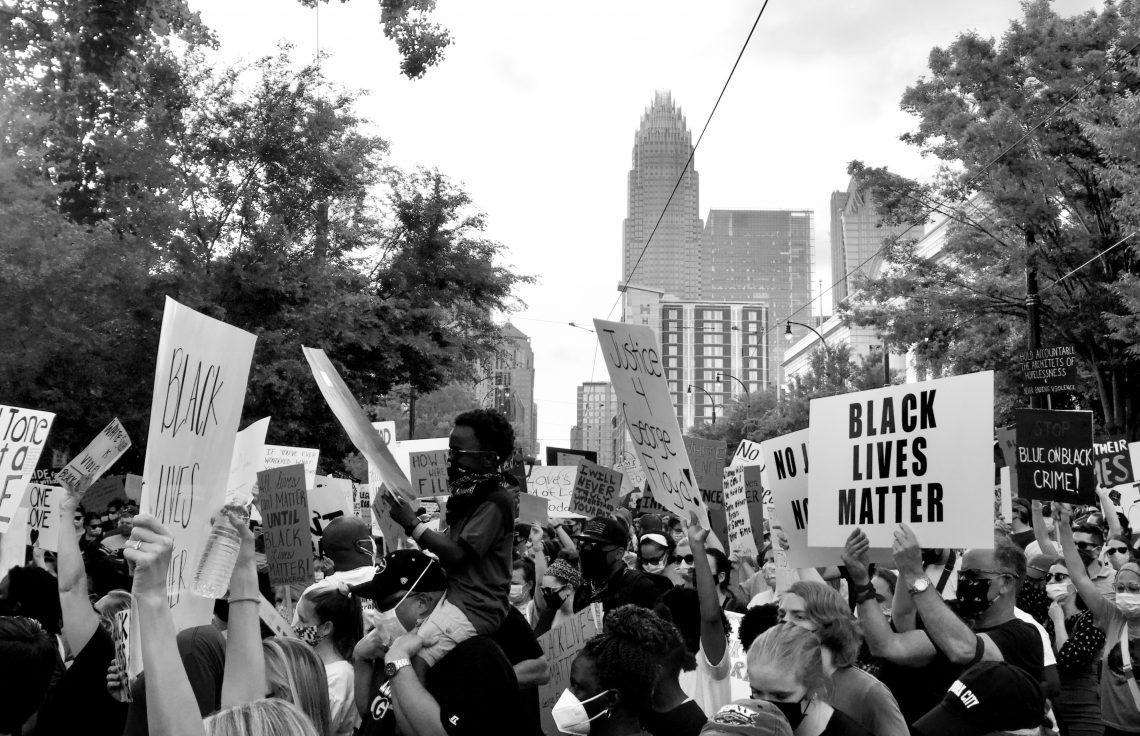
Typically, when people say *anything* is the new black, they are usually inferring that something has become suddenly popular or fashionable.
Signature prints are the new black.
iPhones are the new black.
And yes, even the color orange is the new black.
But what about antiracist ideology and behavior? In the wake of the tragic murders of Ahmaud Arbery, Breonna Taylor, George Floyd, Rayshard Brooks, and countless others, terminology related to police brutality, institutional racism, and anti-blackness are being introduced to the lexicon of white people. You’ve probably seen an increase in public statements from your favorite brand showing solidarity with the Black community. But, how can we be sure these companies are practicing antiracist behavior behind the scenes as opposed to joining a popular trend?
Antiracism focuses less on who is racist and focuses more on the question of how racism is perpetuated. In practice it may look like readily admitting that you exhibited a racist act or verbalized a racist idea. It may look like challenging policies that perpetuate racist ideologies such as those that led to mass incarceration. Antiracism work can also operate on an individual level as you work to challenge racist ideas that are exhibited by your parents, friends, employer, colleagues, members of your church, and even yourself.
But why is antiracism behavior suddenly popular? Race has always been a prominent feature that readily impacted the livelihood of Black people in the US. Reviewing the history of race relations in the US yields prominent eras including, but not limited to, the transatlantic slave trade, the civil war and reconstruction period, black codes, the civil rights movement, and more recently the black lives matter movement. There have been ample opportunities to denounce racist ideology and enact effective change by those who hold privilege and power. Perhaps we would live in a different society if antiracism work was less of a trend and more ingrained into the fabric of who we are as people.
Given the influx of public statements, performative allyship, and surface-level education it makes me wonder if being antiracist is now suddenly fashionable. And more importantly, will this new fashion trend actually lead to effective change?
So ask yourself: why now?